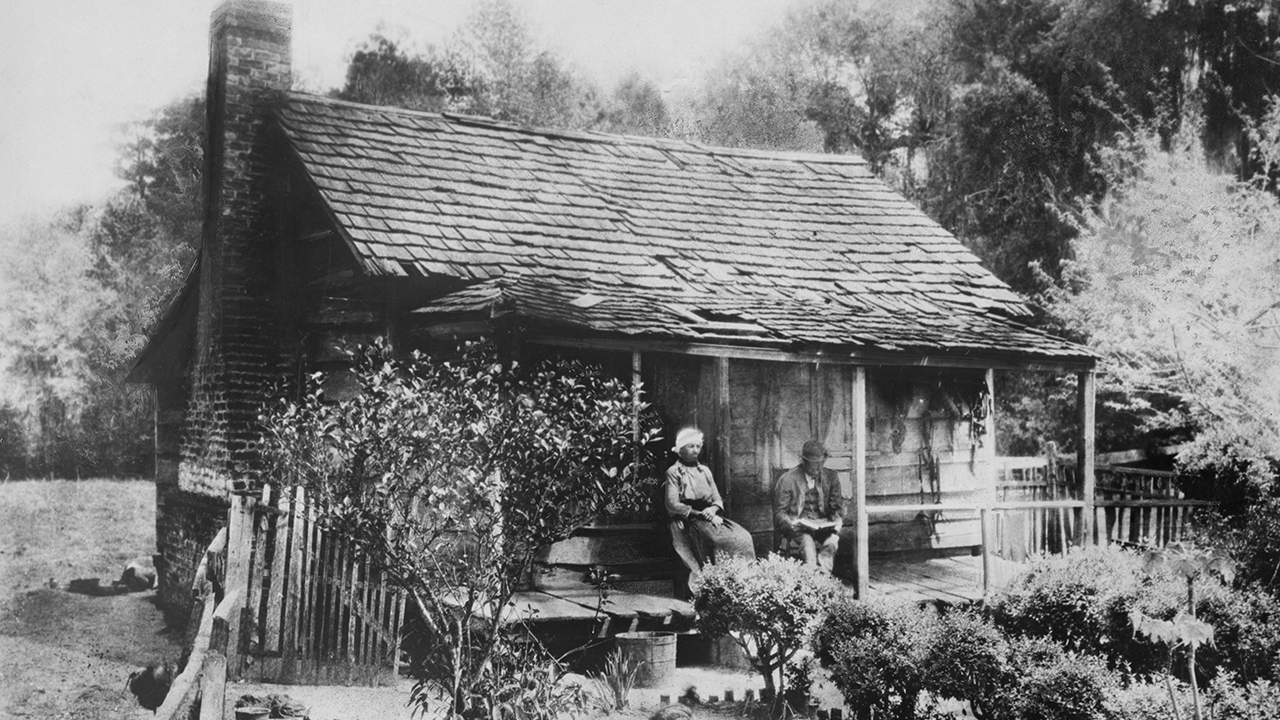Juneteenth, which originated in Galveston, Texas, on June 19, 1865, marked the day when enslaved individuals were finally informed of their emancipation. Although the Emancipation Proclamation had been issued two and a half years earlier by President Abraham Lincoln in 1863, its effects were not implemented in certain regions under Confederate control until later. This delay in freedom was due to Confederate resistance, as stated by the Smithsonian National Museum of African American History and Culture.
On this historic day, about 2,000 Union troops arrived in Galveston Bay, Texas, bringing the long-awaited news of freedom. Major General Gordon Granger, the commanding officer of the District of Texas, announced through General Orders, No. 3, that more than 250,000 enslaved African Americans in the state were now free. The order proclaimed, “In accordance with a proclamation from the Executive of the United States, all slaves are free.” The Galveston Historical Society confirms that these freedmen were instructed to remain peacefully in their current homes and work for wages, emphasizing the transition from a master-slave relationship to employer-hired labor.
General Order No. 3, which guaranteed equal personal rights and property rights between former masters and slaves, highlighted the shift in their relationship. This order also discouraged the freedmen from collecting at military posts or remaining idle. The official handwritten record of the order is currently preserved at the National Archives Building in Washington, D.C., according to the U.S. National Archives and Records Administration.
Juneteenth, a combination of “June” and “nineteenth,” is celebrated annually on that date. Once a local commemoration, it has grown into a national celebration featuring parades, readings, and other festivities. Juneteenth holds significant cultural importance in African American and Black communities, often observed with community celebrations on the third Saturday in June. In 1980, the state of Texas recognized Juneteenth as an official holiday through legislation passed by the Texas Legislature. The Galveston Juneteenth Committee, established in 1979, was responsible for initiating the annual Juneteenth Celebration in Galveston.
The significance of Juneteenth is represented by a statue erected in Galveston in 2006 that depicts the reading of General Orders, No. 3. This monument serves as a permanent reminder of the historical event that occurred on June 19, 1865. In recent years, Juneteenth has gained even greater recognition and significance. On June 17, 2021, President Biden signed the Juneteenth National Independence Day Act, establishing June 19 as a legal public holiday.
Juneteenth National Independence Day joins the ranks of ten other permanent federal holidays, including Martin Luther King Jr.’s birthday, Presidents Day, Memorial Day, Independence Day, Labor Day, and Veterans Day. With this new federal holiday, June 19, 2023, will mark the 158th anniversary of Juneteenth. Also known as Emancipation Day, Freedom Day, Jubilee Day, Black Independence Day, and Juneteenth Independence Day, this holiday celebrates the abolishment of slavery and represents a crucial milestone in American history.
Denial of responsibility! VigourTimes is an automatic aggregator of Global media. In each content, the hyperlink to the primary source is specified. All trademarks belong to their rightful owners, and all materials to their authors. For any complaint, please reach us at – [email protected]. We will take necessary action within 24 hours.


